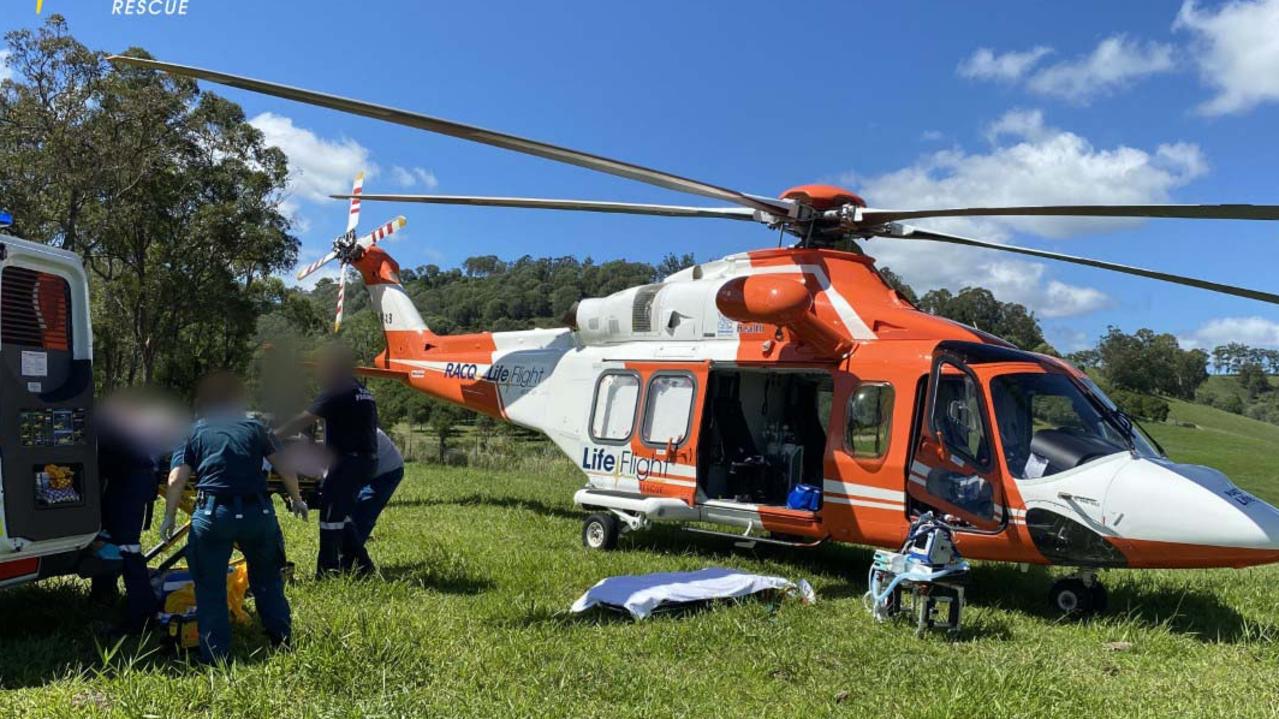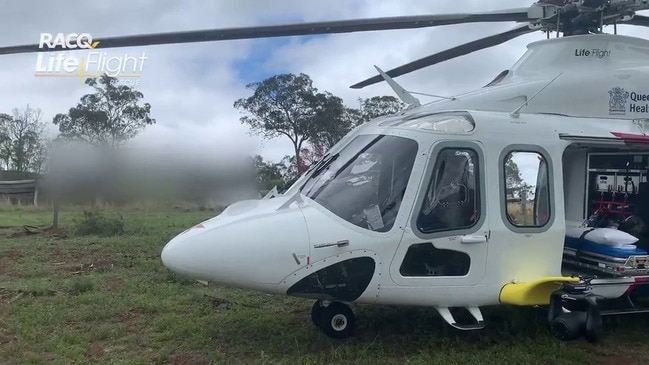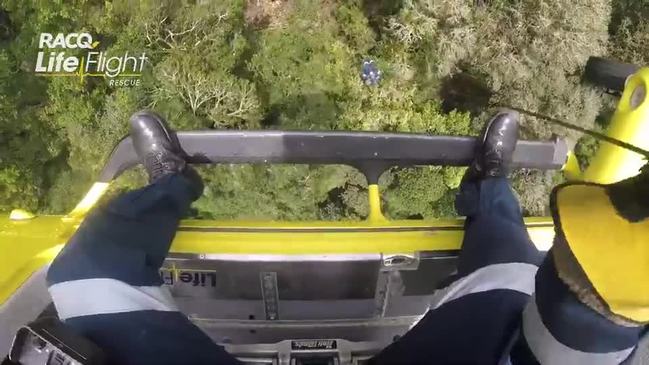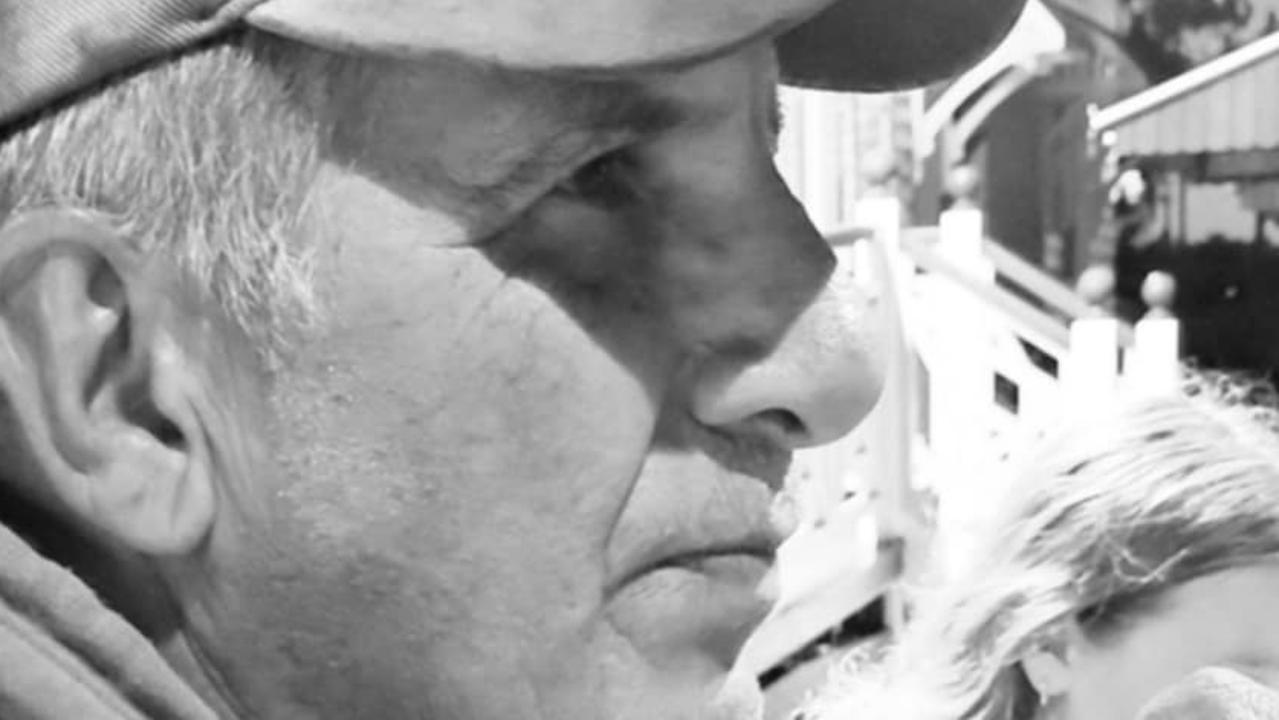Surprising impact of coronavirus on local air rescues in Toowoomba
Aeromedical retrievals were impacted significantly during the pandemic last year, but Toowoomba seems to be the outlier, with record-breaking numbers of rescues. Here’s why.

Toowoomba
Don't miss out on the headlines from Toowoomba. Followed categories will be added to My News.
The Darling Downs region topped the state for the number of aeromedical retrievals performed in the last 12 months, but it seems the region has become somewhat of an outlier as fresh data reveals the significant impact COVID-19 has had on rescue missions.
Data from the Rural Flying Doctor Service shared aeromedical retrievals had decreased across Australia due to COVID-19, however the number of rescues in the Downs appear unchanged by the pandemic.

More than 60 rescues in the Darling Downs were conducted at the beginning of the December school holidays, even before Christmas.
A report from Queensland Health identified that in the region alone, the number of retrievals had increased by 14 per cent in the last five years.
RFDS Director of Public Health and Research, Dr Fergus Gardiner, said the pandemic had an unprecedented impact on these retrievals across the board.
He said while fewer aeromedical retrievals were carried out during the lockdown, the proportion of vulnerable infants and adults with heart conditions who were evacuated was much higher.

“This may reflect patients delaying early intervention due to social isolation measures and limitations in accessing primary healthcare and cardiac services,” he said.
Data for aeromedical retrievals was taken from three periods: pre-lockdown (January 28 to March 15); lockdown (March 16 to May 4) and post-lockdown (May 5 to June 23).
Limited access to local cardiac surgeons in remote regions between March and May 2020 led to a spike in RFDS aeromedical retrievals for babies with congenital malformations, as well as adults with heart conditions.








